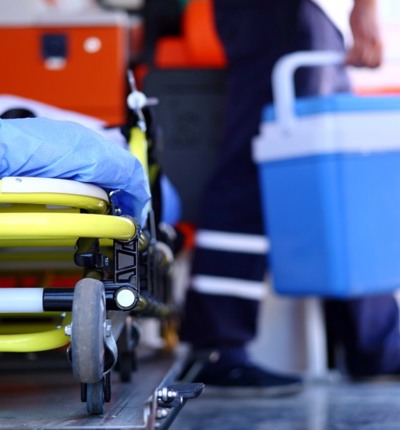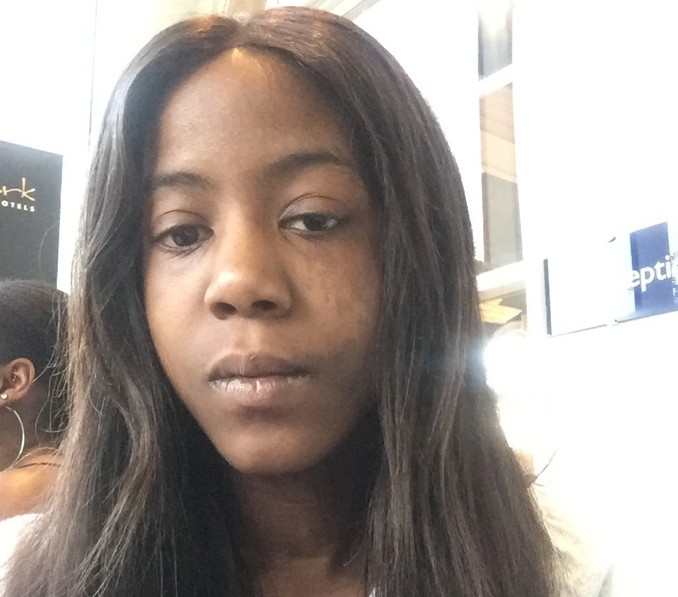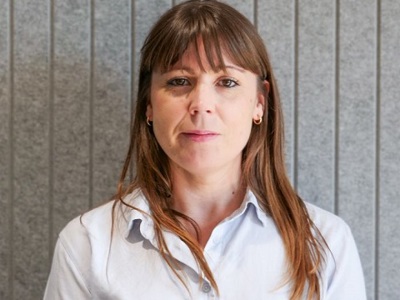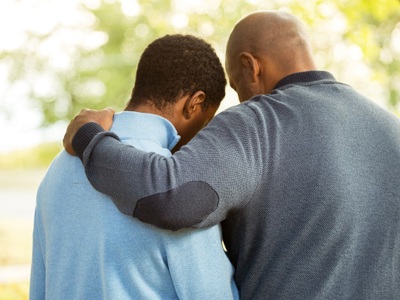
Inquest into the death of Charlotte Lindsay, aged 29
The death of 29-year-old Charlotte Lindsay, in hotel accommodation arranged by the London Borough of Wandsworth was contributed to by premature discharge from St George’s Hospital, a coroner has concluded.
Posted on 24 March 2025
Charlotte was found lying between her bed and the wall in basement accommodation at the Croydon Dunheved Hotel, part of the London Hotel Group (LHG), by a district nurse on 17 October 2021, three days after her discharge from St George’s Hospital.
The nurse reported that Charlotte appeared to have been dead for some time, the inquest at South London Coroner’s Court was told during seven days of evidence, concluding on Tuesday 18 February 2025.
The inquest heard that nursing staff had visited Charlotte’s room on multiple occasions in the period after she had died but had not seen her body, and had left without being aware she had died.
Charlotte had insulin-dependent diabetes and a severe needle phobia. She had been in hospital for over four months due to a leg injury and subsequent complications, including issues around control of her blood glucose levels and hypertension.
She was dependent on renal dialysis, due to end-stage kidney failure. Throughout her hospital admission, concerns were raised about Charlotte’s vulnerability, particularly around her inability to self-administer insulin, her mobility, complex health conditions, and poor mental health.
Throughout her admission, hospital staff identified significant risks in Charlotte being discharged back to the Dunheved Hotel, where her room was in a basement with no lift access, and she had very limited phone signal to call for help in an emergency.
There had been conversations between the London Borough of Croydon, St George's Hospital and the London Borough of Wandsworth to determine whose responsibility it was to arrange for alternative accommodation. During the inquest, representatives for Croydon Council admitted that they had failed to accept that they were responsible for arranging social care support for Charlotte.
The inquest heard that two days before Charlotte’s discharge, a consultant noted that Charlotte was medically fit for discharge, but had an ‘unsafe social set up’. Despite this, Charlotte was discharged two days later to her room in the basement of Dunheved Hotel, on 14 October 2021.
A plan was put in place for Charlotte to have visits from Croydon Health Services district nurses to administer insulin. On Friday 15 October, Charlotte was due to have four visits from district nurses at mealtimes and before bed.
The first visit took place at around 9am, and she was given her insulin. However there was no visit at lunchtime that day. A District Nurse knocked on Charlotte’s door at 5pm but there was no answer.
She was let into the room by a security guard but reported that Charlotte was not there. On 16 October two district nurses went to Charlotte’s room, but again reported that she was not there.
The following morning, on 17 October, another district nurse found Charlotte’s body in her room. It is likely she had died on 15 October. The Coroner concluded that the cause of death was:
- Hypertensive cardiomyopathy
- Diabetes Mellitus and end-stage renal failure
The Coroner found that the decision to discharge Charlotte from St George’s Hospital was made “without the required holistic overview of all health and social care needs, that there was no consideration of the significance of the limited capacity to summon help from her basement flat”.
Charlotte’s body was found entwined in her mobile phone lead, and the Coroner concluded it is likely that she was trying to summon help when she died.
Following the conclusion of the inquest, Charlotte’s mother said:
“I am devastated about what happened to my daughter. I had supported and looked after Charlotte throughout her life, taking her to all her hospital appointments and caring for her the best I could.
“I think about Charlotte all the time, particularly how she died all alone in that hotel room. I imagine her calling out for help, but no one being there to come to her, and it breaks my heart. I wish it could have been different, and that I could have done something to stop this happening to her.
“My main concern is how things were handled by the hospital discharge team, and why they thought it was appropriate to discharge Charlotte back to the Hotel. We can’t understand how this can have been allowed to happen. Even after the coroner has looked into how this can have happened, we are still devastated.”
The family are represented by Leigh Day human rights solicitors Beatrice Morgan and Tiffany Bucknall.
Following the Coroner’s conclusions, Tiffany said:
“The evidence heard at the inquest highlighted a series of failures in communication and coordination amongst all organisations involved, and showed the impact that can occur when no single organisation or person takes responsibility for or has oversight of the needs of an individual in their care.
“It is the family’s view that Charlotte should not have been discharged back to Dunheved Hotel, as it was not safe for her. During the inquest, we raised concerns about the fact that Charlotte’s family were not involved in the discharge decision, and that were inadequate frameworks in place for liaison and information sharing between the NHS Trusts and the Local Authorities that could have allowed for alarm bells to be sounded ahead of Charlotte being discharged.
“We hope that the organisations involved have learnt lessons following Charlotte’s tragic death, and that they have been able to implement systems that can support individuals in similar situations to Charlotte’s in the future.”





